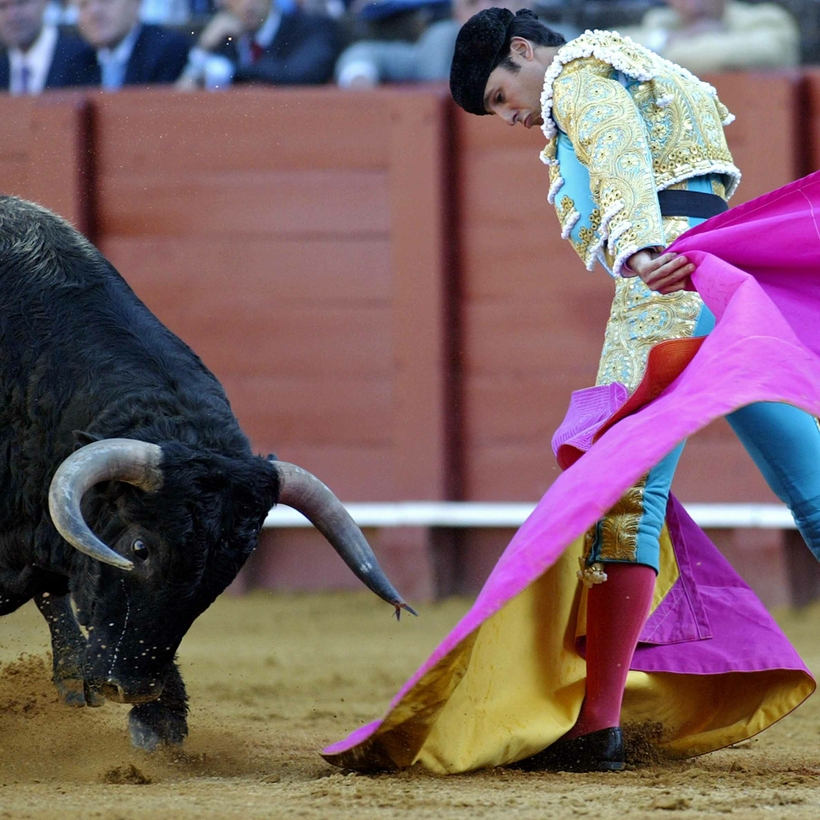There is a joke about a British tourist who visits a restaurant in the Andalusian mountaintop town of Ronda and is intrigued by the pungent stew being served to the table beside him.
“What’s that?” he asks his waiter as great dollops of meat and vegetables are ladled out. “It is the house specialty,” the waiter says. “Cojones de toros, or bull’s testicles. This is fiesta season and each day, when fighting has finished, we castrate the victims and cook them with tomatoes, peppers, and chilis. It is very popular here.”


